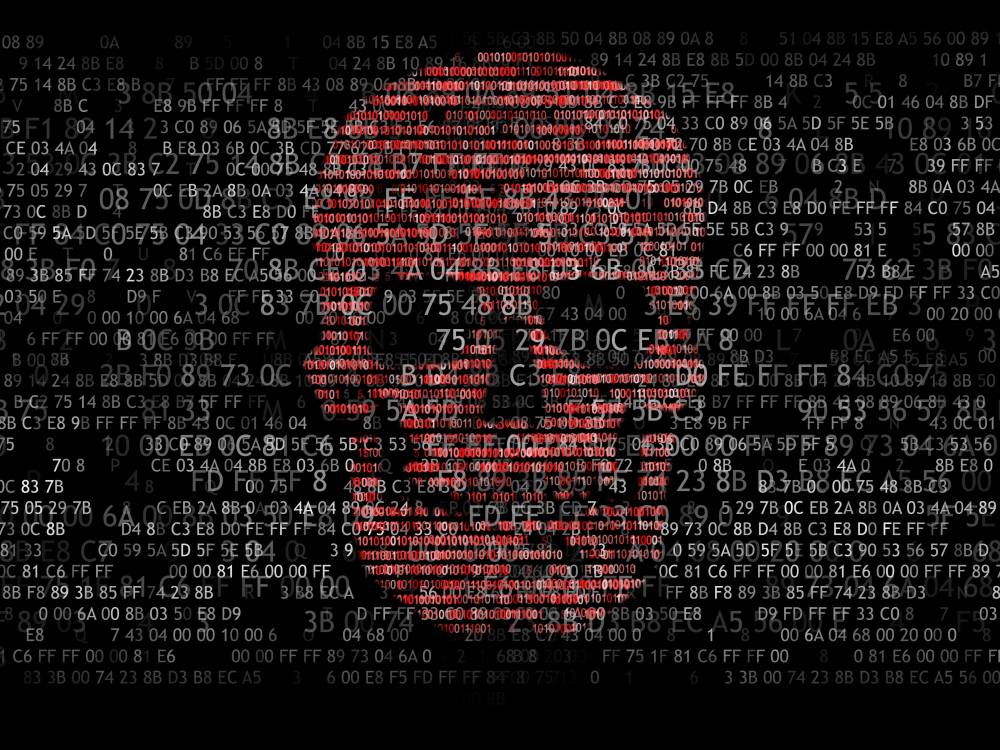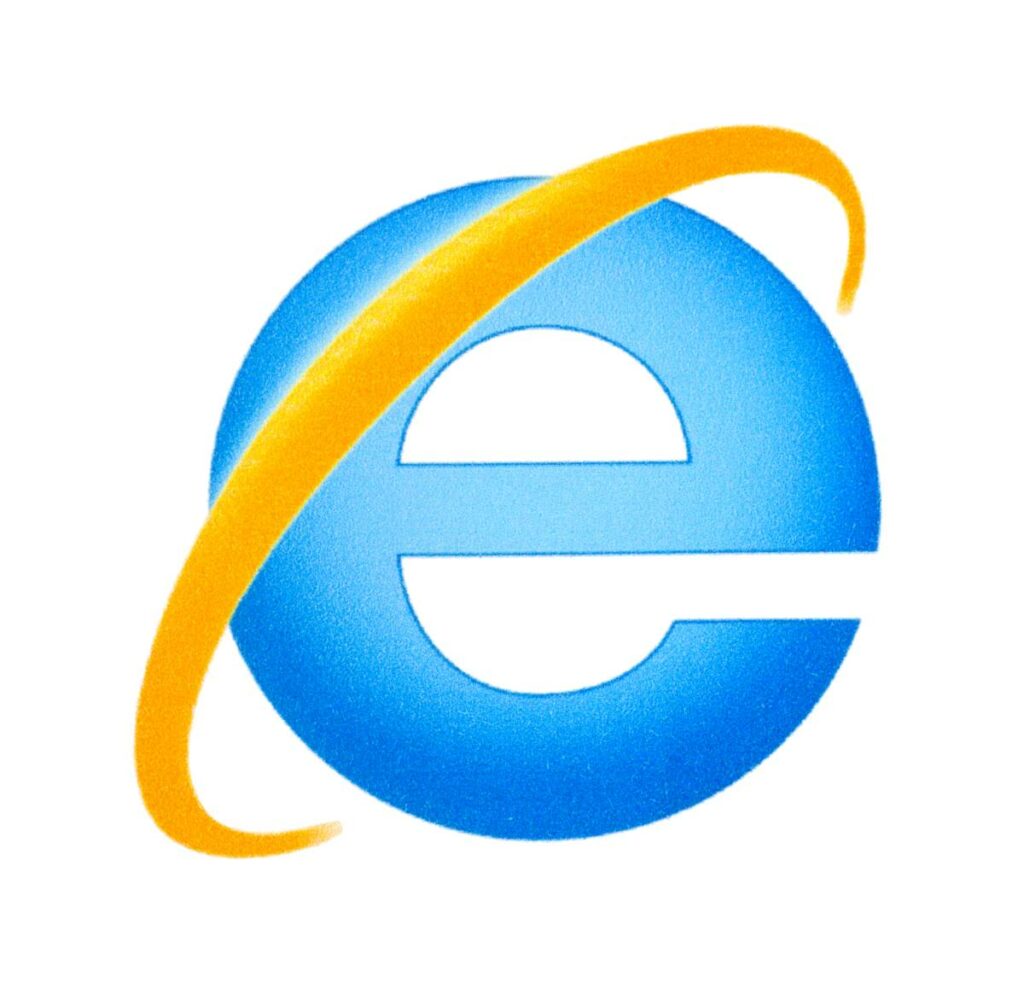- +352 444 222
- Monday-Friday 12:00-18:00
- 20, avenue Marie-Thérèse, 2132 Luxembourg


“Cybercrime is the new threat of the 21st century”1)S. Rolland, La cybercriminalité est la nouvelle menace du XXIe siècle, La Tribune, July 26, 2015 :
www.latribune.fr/technos-medias/internet/la-cybercriminalite-est-la-nouvelle-menace-du-xxie-siecle-485152.html
. The alert is not in vain, and can be explained by the rapid expansion of crime in the digital environment. Worldwide, 42.8 million cyberattacks were recorded in 20142)C. Desjardin, Quand le cauchemar de la cyberattaque devient réalité, Les Echos, February 5, 2015 :
www.lesechos.fr/2015/02/quand-le-cauchemar-de-la-cyberattaque-devient-realite-199273
, or more than 117,000 attacks per day. In France as a whole, 2019 will have seen records broken, with 67% of companies victims of cyber attacks and only 10% able to cope. And not all survive.3)Bradley, 2020: La France championne des cyberattaques, Silicon, November 28, 2019 https://www.silicon.fr/ avis-expert/2020-la-france-championne-des-cyberattaques. This year 2020 has thus begun with 7 security alerts, 1 threat and incident, 130 security advisories and 1 compromise indicator4)Centre gouvernemental de veille, d’alerte et de réponse aux attaques informatiques, attacks published as of March 9, 2020 :
https://
www.cert.ssi.gouv.fr
.
With regard to individual freedom, it can be defined as the “fundamental right to do anything that society does not have the right to prevent”5)G. Cornu, Vocabulaire juridique, PUF, 10th edition. It is thus a “security guaranteeing individuals, which results from the fact that no one can be arrested or imprisoned except in the cases provided for by law and according to the forms prescribed in advance”. Examples of individual freedoms include freedom of expression, the right of access to the Internet, the right to privacy, the right to honor and consideration, and the “right to” protection against all forms of hatred…
Cybercrime can be defined as all “acts contravening (…) national laws, using networks or information systems as a means of committing an offence or crime, or targeting them”.6)Agence nationale de la sécurité des systèmes d’information, Defense and information systems security – Stratégie de la France : https://www.ssi.gouv.fr/uploads/IMG/pdf/2011-02-15_Defense_et_securite_des_systemes_d_information_strategie_de_la_France.pdf. Along with cyber defence, it is an integral part of the cybersecurity concept7)op. cit.. Its causes lie mainly in increasing digitization, technological progress, inadequate security measures and the transnational nature of the Internet.
It should be noted that the notion of cybercrime has been the subject of a progressive conceptual and criminal framework. Computer-related offences were initially opposed to content-related offences, depending on whether they were attempted or committed against or by means of an information and communication system.8)Law no. 88-19 of January 5, 1988 on computer fraud:
https://
www.legifrance.gouv.fr/affichTexte.do?
cidTexte=JORFTEXT000000875419&categorieLien=id
. These have now been joined by offences against the confidentiality, integrity and availability of data and systems, infringements of intellectual property and related rights, and racism and xenophobia on the Internet.9)Council of Europe Convention on Cybercrime of November 23, 2001:
https://
www.europarl.europa.eu/meetdocs/
2014_2019/documents/libe/dv/7_conv_budapest_/7_conv_budapest_en.pdf
. Lastly, a harmonized approach has been adopted for terrorist offenses.10)Framework decision of 13 June 2002 of the Council of the European Union on combating terrorism : https://eur-lex.europa.eu/LexUriServ/LexUriServ.do?uri=CONSLEG:2002F0475:20081209:EN:PDF and certain forms and manifestations of racism and xenophobia on the Internet11)Framework decision of November 28, 2008 of the Council of the European Union: https: //eur-lex.europa.eu/legal-content/FR/ TXT/HTML/?uri=CELEX:32008F0913&from=EN.
To understand how individual freedom is affected by cybercrime, we need to look at the rights and freedoms applicable to the digital environment. (I), then its restrictions (II).
I – Rights and freedoms applicable to the digital environment
II – Restrictions applicable to the digital environment
Ultimately, the impact of cybercrime on individual freedom is a reality, and anyone can be affected. Its paradox is that it has become commonplace, given the growing number of victims, while remaining highly innovative, given the technical and technological resources deployed by its perpetrators.
[+]
| ↑1 | S. Rolland, La cybercriminalité est la nouvelle menace du XXIe siècle, La Tribune, July 26, 2015 : www.latribune.fr/technos-medias/internet/la-cybercriminalite-est-la-nouvelle-menace-du-xxie-siecle-485152.html |
|---|---|
| ↑2 | C. Desjardin, Quand le cauchemar de la cyberattaque devient réalité, Les Echos, February 5, 2015 : www.lesechos.fr/2015/02/quand-le-cauchemar-de-la-cyberattaque-devient-realite-199273 |
| ↑3 | Bradley, 2020: La France championne des cyberattaques, Silicon, November 28, 2019 https://www.silicon.fr/ avis-expert/2020-la-france-championne-des-cyberattaques |
| ↑4 | Centre gouvernemental de veille, d’alerte et de réponse aux attaques informatiques, attacks published as of March 9, 2020 : https:// www.cert.ssi.gouv.fr |
| ↑5 | G. Cornu, Vocabulaire juridique, PUF, 10th edition |
| ↑6 | Agence nationale de la sécurité des systèmes d’information, Defense and information systems security – Stratégie de la France : https://www.ssi.gouv.fr/uploads/IMG/pdf/2011-02-15_Defense_et_securite_des_systemes_d_information_strategie_de_la_France.pdf |
| ↑7 | op. cit. |
| ↑8 | Law no. 88-19 of January 5, 1988 on computer fraud: https:// www.legifrance.gouv.fr/affichTexte.do? cidTexte=JORFTEXT000000875419&categorieLien=id |
| ↑9 | Council of Europe Convention on Cybercrime of November 23, 2001: https:// www.europarl.europa.eu/meetdocs/ 2014_2019/documents/libe/dv/7_conv_budapest_/7_conv_budapest_en.pdf |
| ↑10 | Framework decision of 13 June 2002 of the Council of the European Union on combating terrorism : https://eur-lex.europa.eu/LexUriServ/LexUriServ.do?uri=CONSLEG:2002F0475:20081209:EN:PDF |
| ↑11 | Framework decision of November 28, 2008 of the Council of the European Union: https: //eur-lex.europa.eu/legal-content/FR/ TXT/HTML/?uri=CELEX:32008F0913&from=EN |
| ↑12 | Decision no. 2009-580 DC of June 10, 2009: https://www.conseil-constitutionnel.fr/decision/2009/2009580DC.htm |
| ↑13 | Article 11 of the 1789 Declaration of the Rights of Man and of the Citizen: https://www.legifrance.gouv.fr/Droit-%20francais/Constitution/Declaration-des-Droits-de-l-Homme-et-du-Citoyen-de-1789">https://www.legifrance.gouv.fr/Droit- francais/Constitution/Declaration-des-Droits-de-l’Homme-et-du-Citoyen-de-1789 |
| ↑14 | Council of the European Union May 12, 2014 guidelines: http://data.consilium.europa.eu/doc/document/ST-9647-2014-INIT/fr/pdf |
| ↑15 | Council of the European Union January 13, 2016 guidelines : https://rm.coe.int/09000016805c1ecd |
| ↑16 | op. cit. Decision no. 2009-580 DC of June 10, 2009 |
| ↑17 | A. Lepage, The Internet in relation to the law of July 29, 1881 on the press: a means of communication like any other?in: A. Lepage (ed.), Digital opinion. The Internet: a new public spiritNovember 2, 2006 |
| ↑18 | Conseil d’Etat’s 2014 annual study – Digital and fundamental rights, September 9, 2014: https:// www.vie-publique.fr/rapport/34281-etude-annuelle-2014-du-conseil-detat-le-numerique-et-les-droits-fonda |
| ↑19 | op. cit. Conseil d’Etat Annual Study 2014 – Digital and fundamental rights, September 9, 2014 |
| ↑20 | Law no. 2004-575 of June 21, 2004 on confidence in the digital economy: https://www.legifrance.gouv.fr/affichTexte.do?cidTexte=JORFTEXT000000801164 |
| ↑21 | Decree n°2007-1527 of October 24, 2007 relating to the right of reply applicable to online public communication services and taken for the application of IV of article 6 of law n° 2004-575 of June 21, 2004 for confidence in the digital economy: https://www.legifrance.gouv.fr/affichTexte.do;?cidTexte=JORFTEXT000000428279 |
| ↑22 | op.cit. Decree no. 2007-1527 of October 24, 2007 |
| ↑23 | op. cit. Decree no. 2007-1527 of October 24, 2007 |
| ↑24 | Carbonnier, Droit civil : Les personnes, tome I, 20th edition, 1996, n°86 |
| ↑25 | Cornu, Vocabulaire juridique, PUF, 10th edition |
| ↑26 | Article 9 of the Civil Code: https:// www.legifrance.gouv.fr/affichCodeArticle.do? idArticle=LEGIARTI000006419288&cidTexte=LEGITEXT000006070721&dateTexte=19940730 |
| ↑27 | Articles 226-1 to 226-7 of the penal code: https: //www.legifrance.gouv.fr/affichCode.do;jsessionid=8981B9C43EC7A1790EB31FDE8B677607.tplgfr22s_2?idSectionTA=LEGISCTA000006165309&cidTexte=LEGITEXT000006070719&dateTexte=20020101 |
| ↑28 | Initially CA Besançon, January 5, 1978, more recently CA d’Aix-en-Provence, January 9, 2006: https:// www.legifrance.gouv.fr/affichJuriJudi.do?idTexte=JURITEXT000006949097 |
| ↑29 | TGI Paris, 17th Chamber, December 17, 2014, No. 13/12734: https:// www.doctrine.fr/d/TGI/Paris/2014/ FRCB250CB73A93345F35CD |
| ↑30 | Civ 1st, April 9, 2014, no. 12-29.588: https:// www.legifrance.gouv.fr/affichJuriJudi.do? idTexte=JURITEXT000028843900 |
| ↑31 | Civ 1st, September 10, 2014, no. 13-12.464: https:// www.legifrance.gouv.fr/affichJuriJudi.do? oldAction=rechJuriJudi&idTexte=JURITEXT000029453517&fastReqId=1053008442&fastPos=1 |
| ↑32 | Crim, October 15, 2014, 12-82.391 and 14-85.056 : https:// www.legifrance.gouv.fr/affichJuriJudi.do? oldAction=rechJuriJudi&idTexte=JURITEXT000029606490 |
| ↑33 | Freedom of the Press Act of July 29, 1881: https: https://www.legifrance.gouv.fr/affichTexte.do?%20cidTexte=LEGITEXT000006070722">//www.legifrance.gouv.fr/affichTexte.do? cidTexte=LEGITEXT000006070722 |
| ↑34 | TGI Paris, 3rd chamber, October 19, 2007, no. 06/11874: https: //www.legifrance.gouv.fr/affichJuriJudi.do?idTexte=JURITEXT000018863985 |
| ↑35 | op. cit. Freedom of the Press Act of July 29, 1881 |
| ↑36 | cit. Freedom of the Press Act of July 29, 1881 |
| ↑37 | Law no. 90-615 of July 13, 1990 to suppress all racist, anti-Semitic or xenophobic acts: https:// www.legifrance.gouv.fr/affichTexte.do?cidTexte=JORFTEXT000000532990 |
| ↑38 | Law no. 90-615 of July 13, 1990 to suppress all racist, anti-Semitic or xenophobic acts: https:// www.legifrance.gouv.fr/affichTexte.do?cidTexte=JORFTEXT000000532990&dateTexte=20200310 |
| ↑39 | Law no. 2007-297 of March 5, 2007 on the prevention of delinquency: https: //www.legifrance.gouv.fr/ affichTexte.do?cidTexte=JORFTEXT000000615568&categorieLien=id |
Dear users, on 15/06/2022 Internet Explorer will be retiring. To avoid any malfunctioning, we invite you to install another browser, such as Google Chrome, by clicking here, or the one of your choice.
Please check this before contacting us in the event of a problem.
